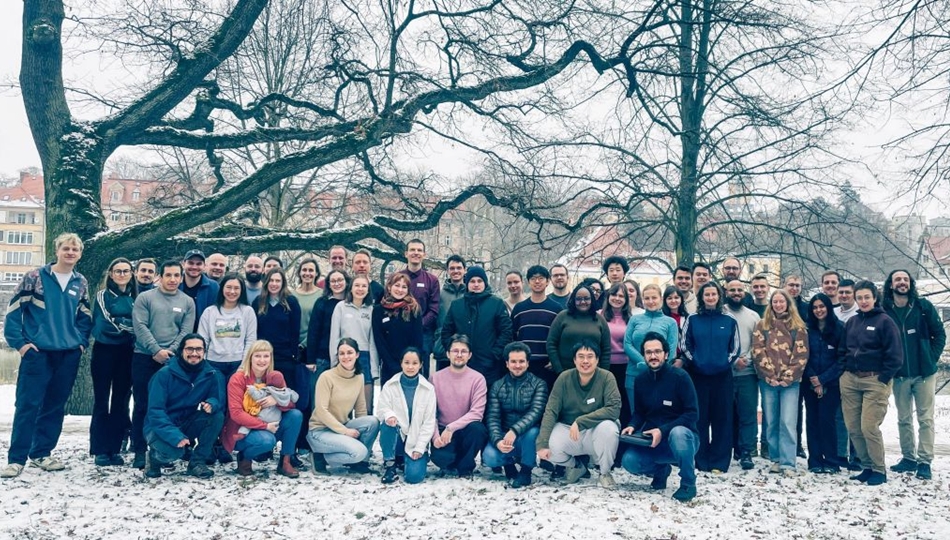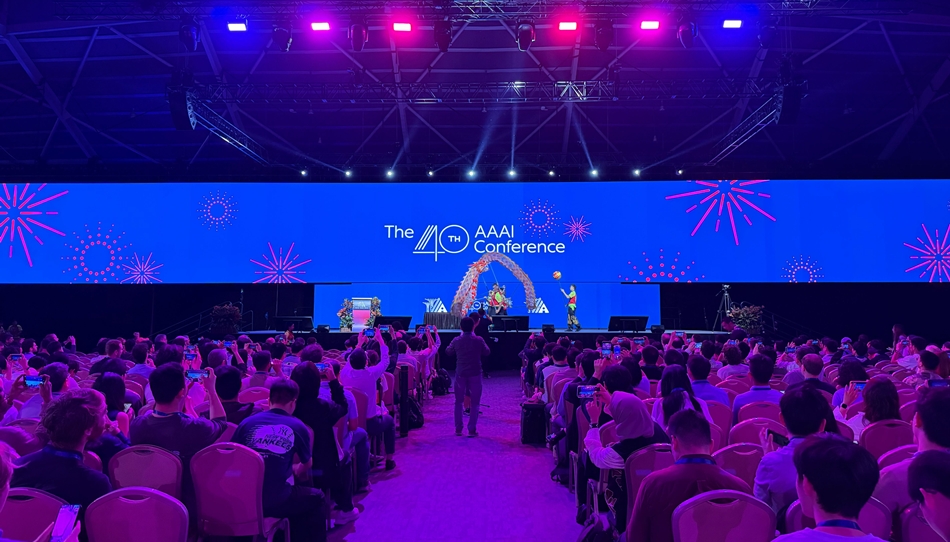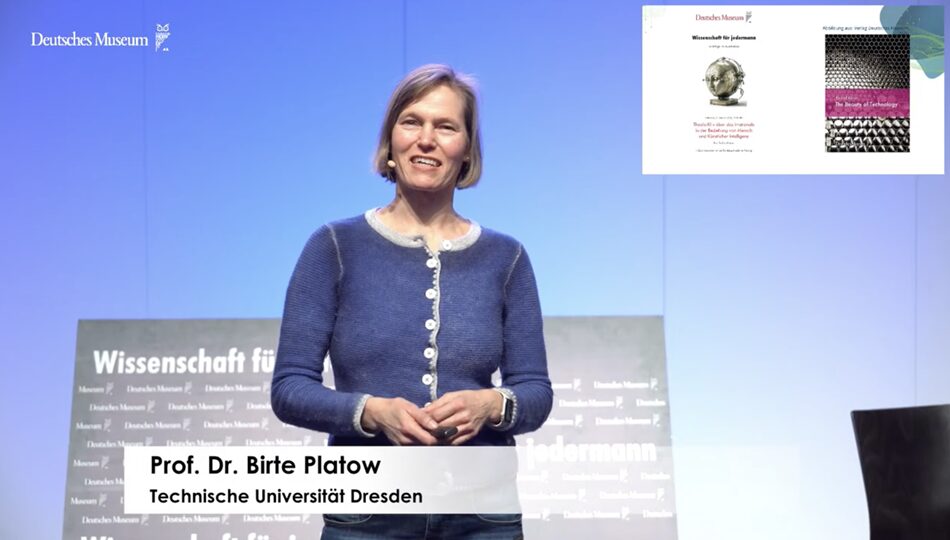September 15, 2020
Honorable Mention at the Dissertation Award of the European Association for AI for Dr. Markus Ulbricht
Dr. Markus Ulbricht reached an honorable mention for his PHD thesis at the Dissertation Award of the European Association for Artificial Intelligence. The thesis contributes to the research area of knowledge representation and reasoning (KR).
One of the main challenges in KR is modeling and formalizing commonsense reasoning. This helps human beings to draw meaningful conclusions even when faced with uncertain, incomplete or even inconsistent information. This is a task mathematical logics are not tailored for.

For example, a doctor might assume we have a cold if the only information we provide is a running nose and a sore throat. If we also mention fever, headache and shivering, then a flu is suddenly a more likely explanation. However, no matter how many information we provide, a doctor always has to operate with limited and uncertain information. One of the main tools researchers in KR use to handle situations like this are so-called non-monotonic logics. In a nutshell, non-monotonic logics are equipped with default assumptions an agent is willing to make when only limited information is available. In our example, it was our doctor who initially thought it is probably just a cold.
The PHD thesis is a comprehensive investigation of inconsistency in non-monotonic logics. Handling inconsistencies for classical monotonic logics is thoroughly investigated in the literature, but most of the concepts where not yet lifted to the more general case of non-monotonic logics. The thesis closes this gap by investigating techniques to prevent inconsistencies. Furthermore, it analyzes their severity if present, and examines the computational complexity of finding and removing them. The thesis “Understanding Inconsistency – A Contribution to the Field of Non-monotonic Reasoning” can be accessed here.
ScaDS.AI Dresden/Leipzig ist proud of your achievements, Dr. Ulbricht. Congratulations!






